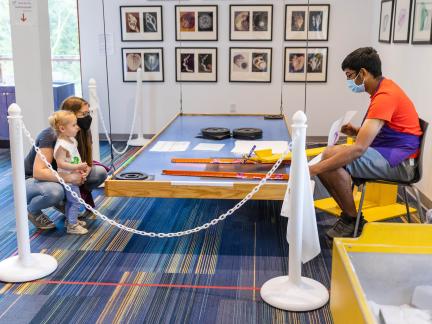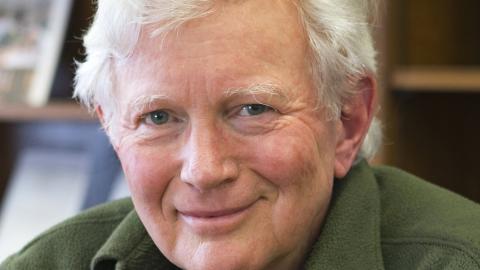What Exactly Is Play, and Why Is It Such a Powerful Vehicle for Learning?
"Play" is a word that we use commonly to refer to children's preferred activities and to some adult activities. But what, really, is play? In this talk Dr. Peter Gray will define play as an activity that is (1) self-chosen and self-directed; (2) motivated by means more than ends; (3) guided by mental rules; (4) includes a strong element of imagination; and (5) is conducted in an alert, active, but relatively non-stressed frame of mind. Dr. Gray will describe these characteristics and show how each of them contributes to play’s educational and developmental value. He will explain why play came about, in natural selection, to promote children’s healthy physical, intellectual, social, moral, and emotional development.
Peter Gray, research professor of psychology at Boston College, has conducted and published research in neuroendocrinology, developmental psychology, anthropology, and education. He is author of an internationally acclaimed introductory psychology textbook (Psychology, Worth Publishers, now in its 7th edition), which views all of psychology from an evolutionary perspective. His recent research focuses on the role of play in human evolution and how children educate themselves, through play and exploration, when they are free to do so. He has expanded on these ideas in his book, Free to Learn: Why Unleashing the Instinct to Play Will Make Our Children Happier, More Self-Reliant, and Better Students for Life (Basic Books). He also authors a regular blog called "Freedom to Learn," for Psychology Today magazine. His own play includes not only his writing and research, but also long distance bicycling, kayaking, cross country skiing, and vegetable gardening. Before joining the faculty at Boston College, he earned his undergraduate degree at Columbia College and Ph.D. in biological sciences at the Rockefeller University, and taught at Hunter College and City College in New York.




